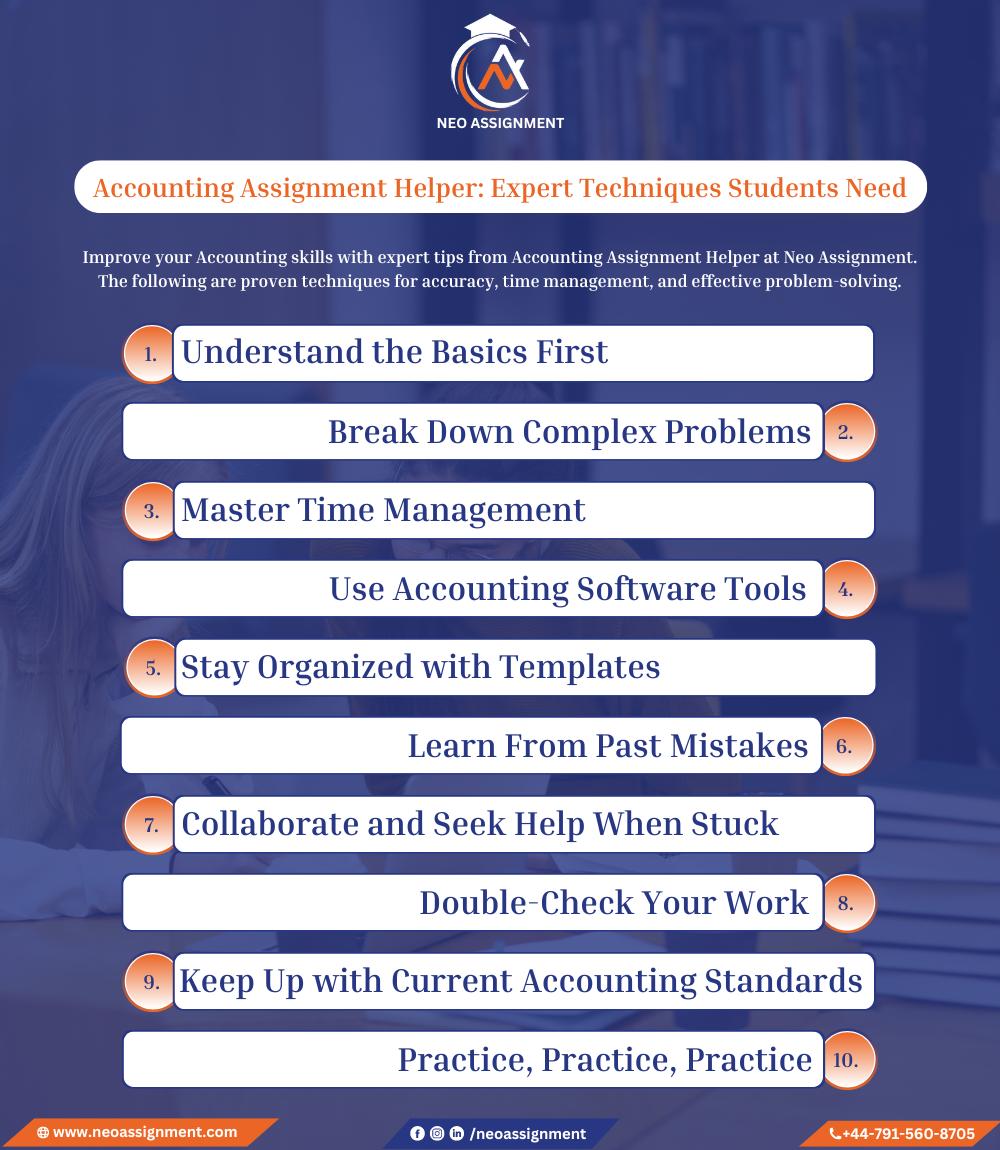In today’s fast-paced world, where distractions abound and schedules are increasingly packed, teaching children effective time management is more crucial than ever for academic success. The ability to manage time efficiently not only enhances a child’s performance in school but also lays a solid foundation for lifelong skills in organization and prioritization. This article delves into the strategies and techniques that parents can employ to instill robust time management habits in their children. By examining the underlying principles of time management and understanding its impact on academic achievement, we aim to equip parents with the tools necessary to guide their children toward a more structured and productive educational journey. With confidence and clarity, we will explore practical approaches and real-world applications, ensuring that every parent can foster an environment where their child thrives academically through effective time management.
Understanding the Importance of Time Management in Academic Achievement
Effective time management is a cornerstone of academic success, empowering students to balance their responsibilities and achieve their educational goals. By instilling time management skills in your child, you can help them navigate their academic journey with confidence and ease. Teaching children to prioritize tasks is crucial, enabling them to distinguish between urgent assignments and less pressing activities. This not only helps in managing workload but also enhances their ability to focus on tasks that truly matter. Encourage them to create a structured schedule that includes time for study, recreation, and rest, fostering a holistic approach to learning.
Here are some strategies to cultivate time management skills in your child:
- Set Clear Goals: Help them identify specific, achievable objectives to maintain motivation and direction.
- Use Planning Tools: Introduce planners or digital apps to track assignments and deadlines effectively.
- Encourage Breaks: Promote regular intervals of rest to prevent burnout and maintain productivity.
- Model Time Management: Demonstrate effective time management in your own daily routine to set a positive example.
By emphasizing these strategies, you provide your child with the tools needed to excel academically and develop lifelong skills that will benefit them in all areas of life.

Identifying Key Time Management Skills for Students
Mastering time management is crucial for students to balance their academic responsibilities effectively. Developing these skills involves understanding and practicing several key strategies. Prioritization is the cornerstone of effective time management. Encourage your child to distinguish between urgent and important tasks, allowing them to focus on assignments that significantly impact their academic success. Goal-setting is another vital skill, where students learn to set achievable short-term and long-term objectives, breaking down larger tasks into manageable steps.
- Planning: Teach students to create a daily or weekly schedule, using planners or digital tools to track assignments and deadlines.
- Time Blocking: Encourage them to allocate specific time slots for different activities, minimizing distractions and maximizing focus.
- Reflection: At the end of each week, have them review their progress, identifying what worked well and what needs adjustment.
By cultivating these skills, students not only enhance their academic performance but also prepare themselves for future professional success. Empower your child with these tools to navigate their educational journey with confidence and efficiency.

Implementing Effective Strategies to Foster Time Management
Teaching children to manage their time effectively is crucial for their academic success. Start by introducing them to prioritization. Encourage them to create a list of tasks and categorize them based on urgency and importance. This simple exercise helps children to focus on what truly matters and to allocate their time accordingly. Moreover, incorporating the use of a planner can be a game-changer. By visually organizing their day, children can develop a clear roadmap for their tasks, ensuring they allocate appropriate time for study, recreation, and rest.
Another vital strategy is setting realistic goals. Children often struggle with time management because they set overly ambitious goals that are difficult to achieve. Teach them to break down larger tasks into smaller, manageable steps. This not only makes the task less daunting but also provides a sense of accomplishment as they check off each step. Consider these additional tips:
- Limit distractions: Create a dedicated study space free from interruptions.
- Use timers: Encourage the use of timers to maintain focus and create a sense of urgency.
- Reflect and adjust: At the end of each week, review what worked and what didn’t, and make necessary adjustments.
By implementing these strategies, children can develop a robust foundation in time management, setting the stage for lifelong academic success.

Monitoring Progress and Adjusting Techniques for Optimal Results
As your child embarks on the journey of mastering time management, it’s crucial to keep a close eye on their progress and be ready to fine-tune strategies for the best possible outcomes. Begin by establishing a routine check-in schedule. Regularly assess the effectiveness of their current techniques by discussing what’s working and what isn’t. This approach not only helps in identifying potential roadblocks but also empowers your child to take ownership of their learning process. Consider asking questions like:
- What tasks are taking longer than expected?
- Are there specific distractions that need to be addressed?
- Which strategies have been most helpful?
Based on these insights, collaborate on adjustments. If a particular method isn’t yielding the desired results, don’t hesitate to pivot. Experiment with different time management tools, such as digital planners or task management apps, to discover what resonates best with your child. Remember, the key is to remain flexible and responsive to their evolving needs, ensuring that the techniques employed are not only effective but also adaptable to their unique academic demands.



